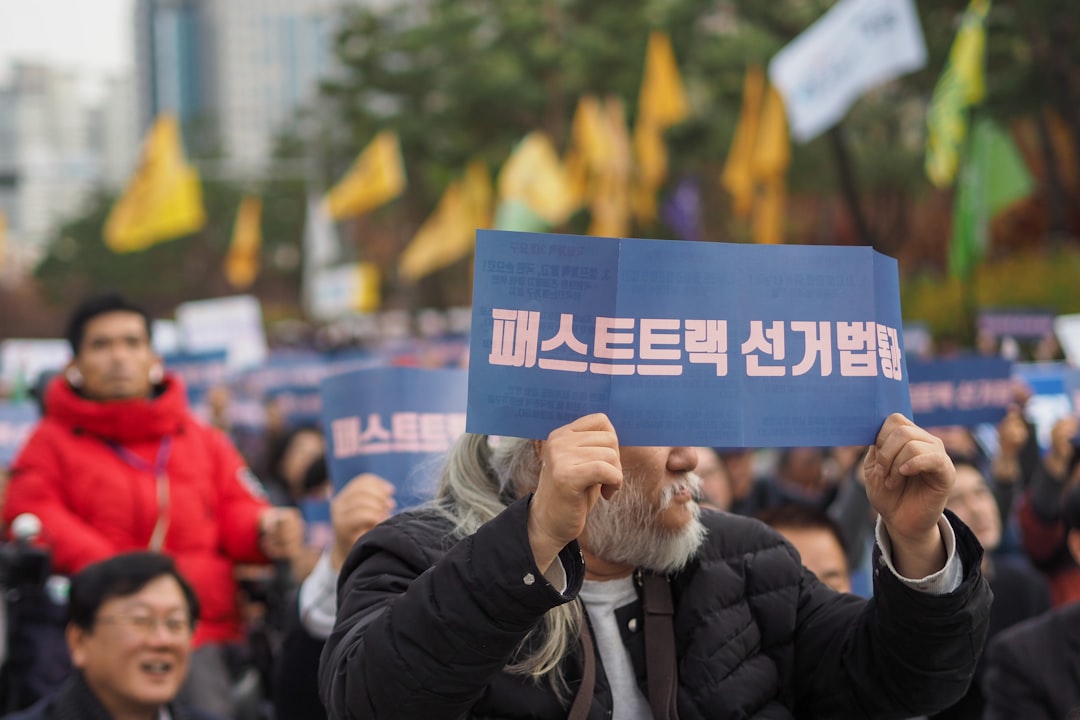Is South Korea’s Democracy on Trial? The Arrest Warrant for Ex-President Yoon Unmasks Deeper Wounds
Could the spectacle of yet another former president facing arrest be a brave step toward transparency or a symptom of something far more dysfunctional in South Korean democracy?
Just as South Korea basks in the glow of K-Pop and global soft power, it is again plunged into the old drama of political reckoning: prosecutors seeking the arrest of former President Yoon. For a country plagued by a conveyor belt of disgraced leaders, the headlines may seem routine. But behind the legal theatre, a fierce ideological and ethical struggle threatens to redefine South Korea’s very understanding of justice—and perhaps democracy itself.
A Discouraging Pattern or Democratic Strength?
Observers are divided: Is South Korea setting a gold standard for accountability, or is it trapped in a cycle of vengeance?
| Perspective | Arguments | Illustrative Example |
|---|---|---|
| Rule of Law | No one is above the law; prosecuting leaders ensures accountability, deters corruption, and builds trust. | Ex-presidents Park Geun-hye and Lee Myung-bak jailed. |
| Political Vendetta | Successive prosecutions reek of payback and discredit past governments, destabilizing institutions and breeding cynicism. | Every president since Roh Tae-woo (1988-1993) implicated in scandals. |
Some Call It Justice, Others Call It Persecution
“South Koreans should feel proud that their leaders can be held accountable,” says legal analyst Kim Min-jung.
“This is not justice, it’s humiliation politics that makes us the laughingstock of Asia,” counters conservative activist Song Jin-hee.
The Culprit: Democracy or Culture?
At the heart of the Yoon drama lies a Korean paradox: the passionate pursuit of justice often clashes with deep-rooted Confucian values of hierarchy, loyalty, and saving face.
Historical and Cultural Context:
- Rapid Democratization: South Korea shifted from dictatorship to democracy in the late 1980s. The urge to limit presidential power is a direct legacy of authoritarian trauma.
- Personalized Politics: Korean leadership often revolves around strong personalities rather than parties or institutions—making lustration almost inevitable when power changes hands.
- Confucian Hierarchies vs. Modern Justice: There’s a cultural tension between respecting elders and holding them accountable in court.
Society Shaken: Public Trust and Global Perception
- Polarized Public: Surveys show majority support for rooting out corruption, yet wide disillusionment with the endless “parade of perp walks.”
- Stock Market Waves: Political instability has often triggered market jitters and shaken investor confidence.
- Soft Power Dilemma: While K-dramas and BTS project a trendy image, headlines about presidential arrests may reinforce stereotypes of political upheaval in Asia.
A Systemic Flaw or Living Proof of Democracy?
Is South Korea’s political turmoil a sign that its democracy is fatally flawed, or that it is maturing—even at painful cost?
| Broader Trend | South Korea | Comparative Example |
|---|---|---|
| Post-Democratization Purges | Regular prosecution of ex-leaders | Brazil (Lula, Rousseff) |
| Entrenched Corruption | Chaebols entangled with politics | Italy (Mani Pulite) |
| Judicial Overreach? | Prosecutors as powerbrokers | U.S. “Mueller Probe” |
The Ultimate Irony: Are the People Empowered or Cynical?
Paradoxically, the very attempt to punish the powerful might deepen public cynicism rather than restore faith in institutions. The arrest warrant for ex-President Yoon could symbolize progress toward a transparent democracy—or evidence that even the highest office is hopelessly mired in old grudges and dirty politics.
As Korea stands at this fraught crossroads, the world watches: Will the spectacle of justice cleanse or further corrode a fragile system?
This article was inspired by the headline:
'South Korea special prosecutor seeks arrest warrant for ex-President Yoon '

Comments
No comments yet. Be the first to comment!